Menu
- About
- Services
- Acne Scarring Treatments
- Aging Skin Treatments
- Bioidentical Hormone Replacement Therapy
- Body Contouring
- Botox
- Cellulite
- Dermal Fillers
- Facial Vein Treatments
- IPL Treatment
- Redness, Rosacea, and Flushing
- V20 Treatments
- Women’s Health Treatments
- ZO Skin Health
- Age & Sun Spot Treatments
- Scar Treatments
- Stretch Mark Treatments
- Gallery
- Specials
- Blog
- CONTACT US
